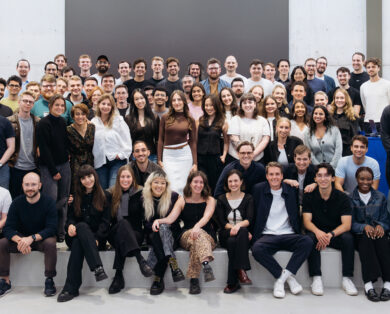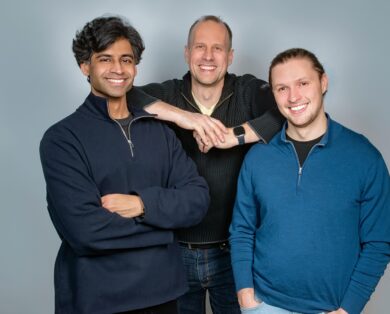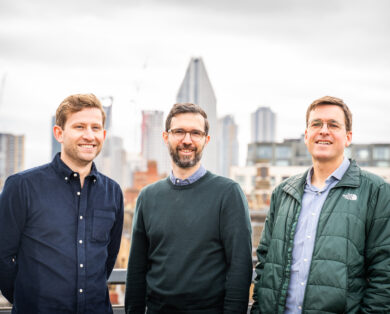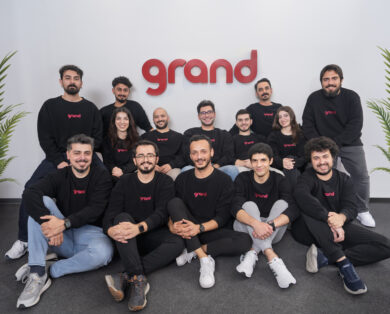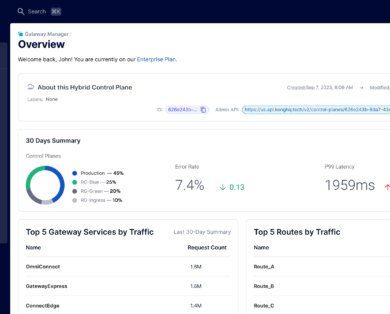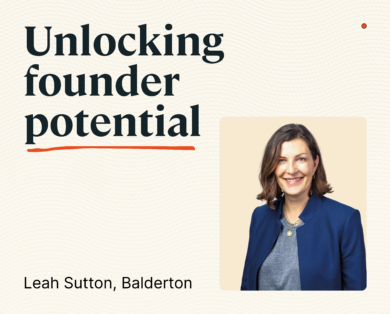- Portfolio News
- 04 March, 2025
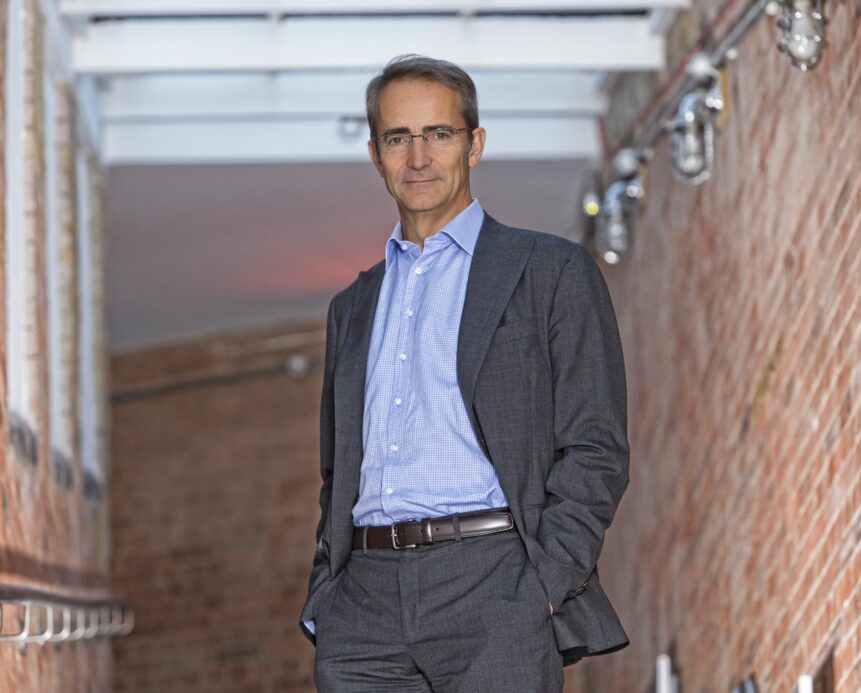
Why I decided to take on the role of Managing Partner at Balderton Capital
I joined Balderton Capital’s partnership in the summer of 2008, excited to help European entrepreneurs build original, profitable, world-beating businesses.
For the previous eighteen years, I had been based in California and Paris (and in many places between!) building my own company, Business Objects. The business started as two friends in a small office in Paris, and became the world-leading provider of business intelligence, employing over 6700 people, serving 45,000 customers, and making $1.5bn of revenue in 2007. Early 2008, we announced that SAP had acquired Business Objects for $6.8bn.
When I first became a European VC, I did not receive the accolades I was hoping for. While my friends and colleagues shook my hand and wished me good luck, they were keen to remind me that I was “an entrepreneur, not an investor”, and that I had “gone to the dark side!” Most pertinently, perhaps, was the common reaction that “Venture Capital in Europe simply does not work.” A forthright and damning indictment of the industry I was soon to join.
To be honest, I had my own doubts. Could I be any good at this? Were my peers right — was there a real opportunity in Europe?
But I was convinced that the Europe to which I returned was full of potential. Although the general feeling was that the continent’s technology industry was under-invested, I felt that this meant the opportunity for technology venture capitalists was substantial. I believed that we could inspire European entrepreneurs to have global ambitions, and that we could create a method of supporting companies in Europe that was inspired by first-hand experience in Silicon Valley. In turn, I believed we could create a high return venture capital firm in Europe, and that Balderton was the right place to make this happen.
Even though I knew Europe was the smart place to be, it is true that it was not yet brimming with the entrepreneurial energy with which the continent’s capital cities are now familiar. The average European entrepreneur was happy to exit their business for a figure around $100m, rather than to push towards a billion dollar valuation. The idea of building a billion dollar business was, for most, incomprehensible. The idea of taking a company public was a further step removed from reality. To me, it seemed like it wasn’t in the DNA of European entrepreneurs to challenge the upper-echelons of the status quo.
Returns from in European venture were notoriously bad. There were few entrepreneurs, no IPO market of any significance, and no large European tech companies to act as acquirers of fast-growing, innovative startups.
Eight years on, the change is remarkable. The ambition of European entrepreneurs has evolved beyond recognition. They want to build large and sustainable businesses. They think globally. They don’t want to sell out early.
Paris, London, Stockholm and Berlin (as well as several other European cities) have each blossomed into vibrant hubs. Several generations of entrepreneurs, engineers and developers are now pouring their money and expertise into the next generation of businesses in their own country. The role of government has become increasingly useful too. Previously each national government were interested spectators at best. Now each has realised that becoming an active participant in their own national technology industry is the smartest way to help stimulate growth in the sector that will become the cornerstone of their economy.
With the European technology industry in a terrific and healthy position, it is exciting for me to become Balderton’s first Managing Partner.
We have made this change to our partnership structure for one reason: the opportunity ahead of us is greater than ever before. Therefore we need to be agile, efficient, and able to make operational decisions at speed and with clarity.
Previously, the partnership structure was completely flat. This was great for encouraging discussion and generating new ideas, but we agreed that the firm needed to create a leadership role. I am delighted to take up the new position.
To be clear, the theory that guides how we invest in technology companies has not changed. We believe that our decision-making process works, so this remains the same: when we decide whether to invest in a company, each partner of the firm has an equal vote; each has the same economics; and each has an equal stake in the success of a company, regardless of who brought the deal to the table.
For added context, my colleague Suranga explains the benefits of the equal partnership structure here.
The next several years will be fascinating. We are privileged to have invested in some of the most exciting companies in Europe. To name a few, Talend, Kobalt, Qubit and The Hut Group already are or have the potential to become the large disruptive businesses that entrepreneurs dream of building. We have recently invested in areas such as artificial intelligence, fintech and 3D modelling; each of which are industries that we believe will become critically important for both consumers and businesses in the coming years.
The team is in great shape and is the largest that it has been in the sixteen-year history of the firm. We have a partnership of eight individuals, each of whom brings different, relevant experience to the table. I am proud to have witnessed their diverse skills dovetail over the years, knitting the worlds of financial services, entrepreneurship and technology ever more tightly together.
It is also reassuring that the youngest member of our partnership team was four years old when I started Business Objects. The future is in safe hands.

